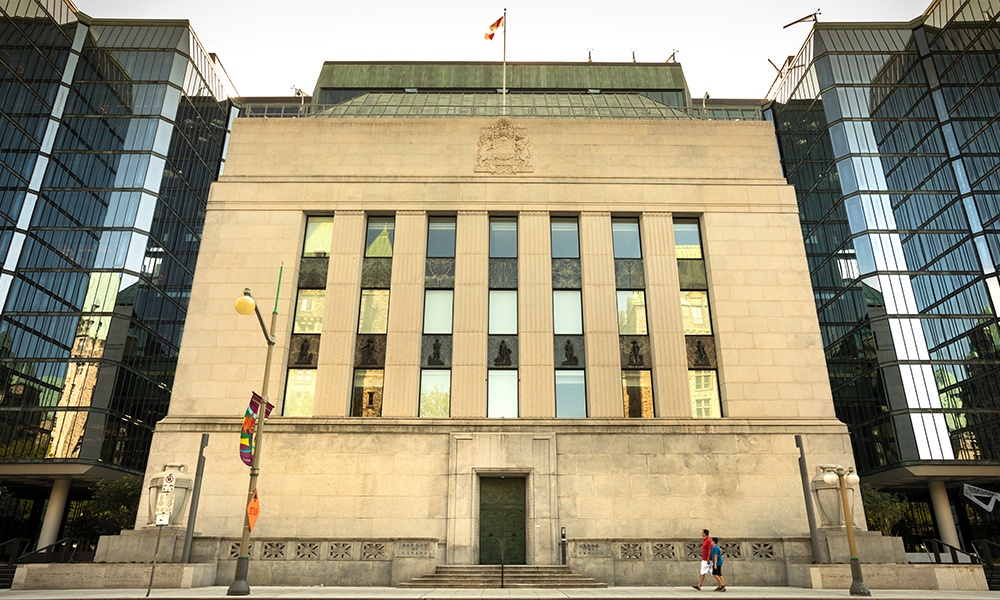Bank of Canada deputy governor discusses the inflation perception gap

The Bank of Canada has made no secret of the importance it places in targeting inflation in its monetary policy.
But while the central bank is fairly comfortable with the current level of inflation, Canadians believe that the cost of living is higher than it actually is. But why?
This was a topic addressed by BoC deputy governor Lawrence Schembri during a session for the Canadian Association for Business Economics in Kingston, ON, this week.
The deputy governor also discussed why targeting low inflation remains so important.
“Achieving our target on a continuing basis contributes to rising standards of living for all Canadians,” he said. “When people and businesses feel confident that they know what the rate of inflation will be, they can make better long-range plans for their careers, their savings and their investments.”
The central bank has committed to a 2% inflation target and uses monetary policy to keep inflation as close as possible to this target over time, measuring price rises with the consumer price index.
Schembri said that the perception gap between actual inflation and what consumers believe it to be may be due to several factors, such as they:
- feel their buying patterns are different from the average basket of goods and services used to calculate inflation
- see prices rising on things like electronics and cars but don’t consider that the quality of those items has also improved
- notice the price of houses rising and factor that into their perception of inflation, but it’s the price of housing that is paid every year, such as property taxes and other services, that is used in inflation calculations
- base their perceptions more on prices that are rising than on prices that are falling
COVID-19 impact
The deputy governor noted that Canadians believe that inflation is well above 2% due to the economic impact of COVID-19.
However, this is not the case.
The perception gap influences consumer behaviour and – when the belief is that inflation is higher than it is – it can have a detrimental effect on the economy.
“Through our words—and more importantly, through our actions—we remain steadfast in our commitment to helping restore the Canadian economy and the economic and financial welfare of all Canadians,” Schembri concluded.
Watch the entire speech:



